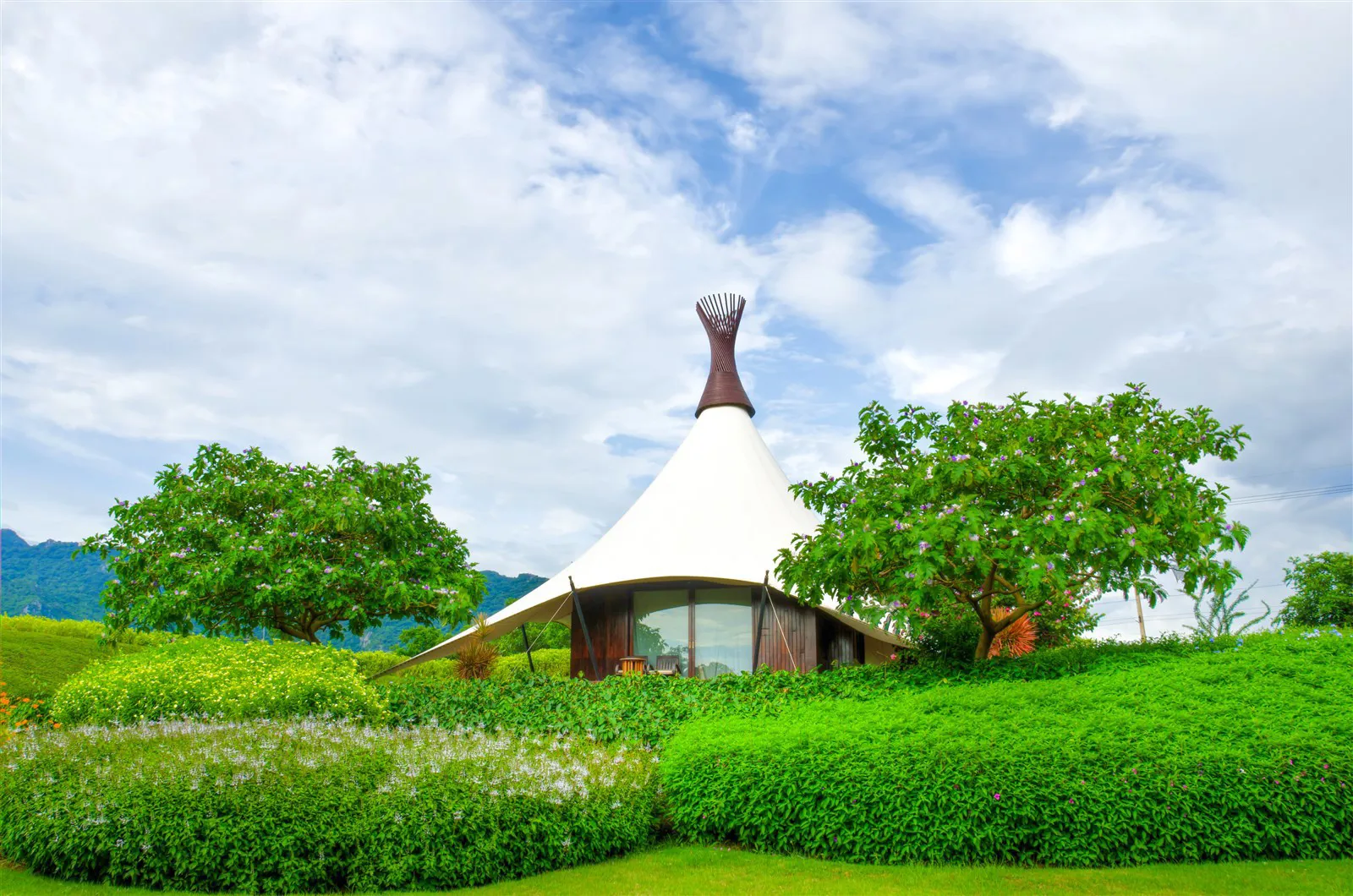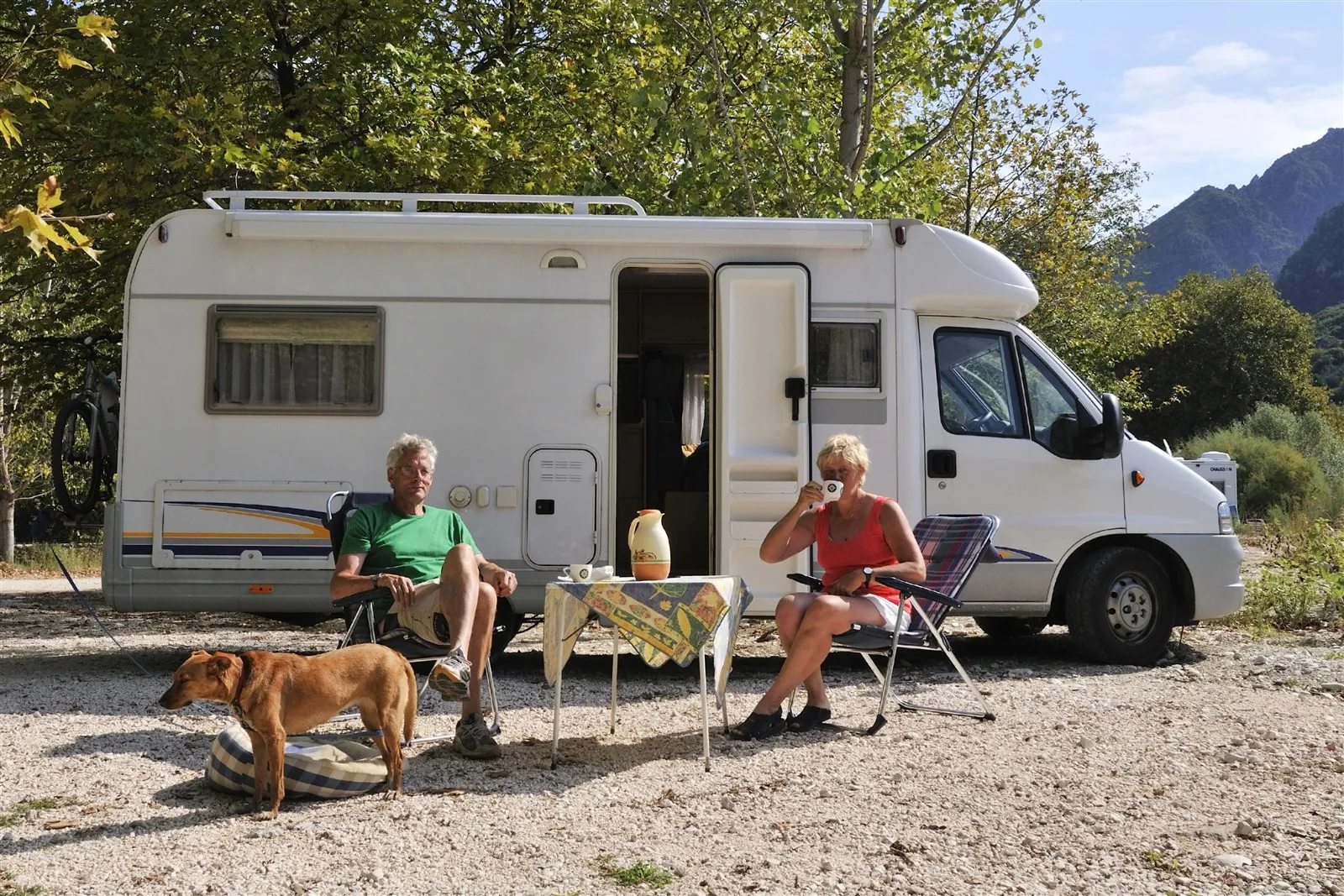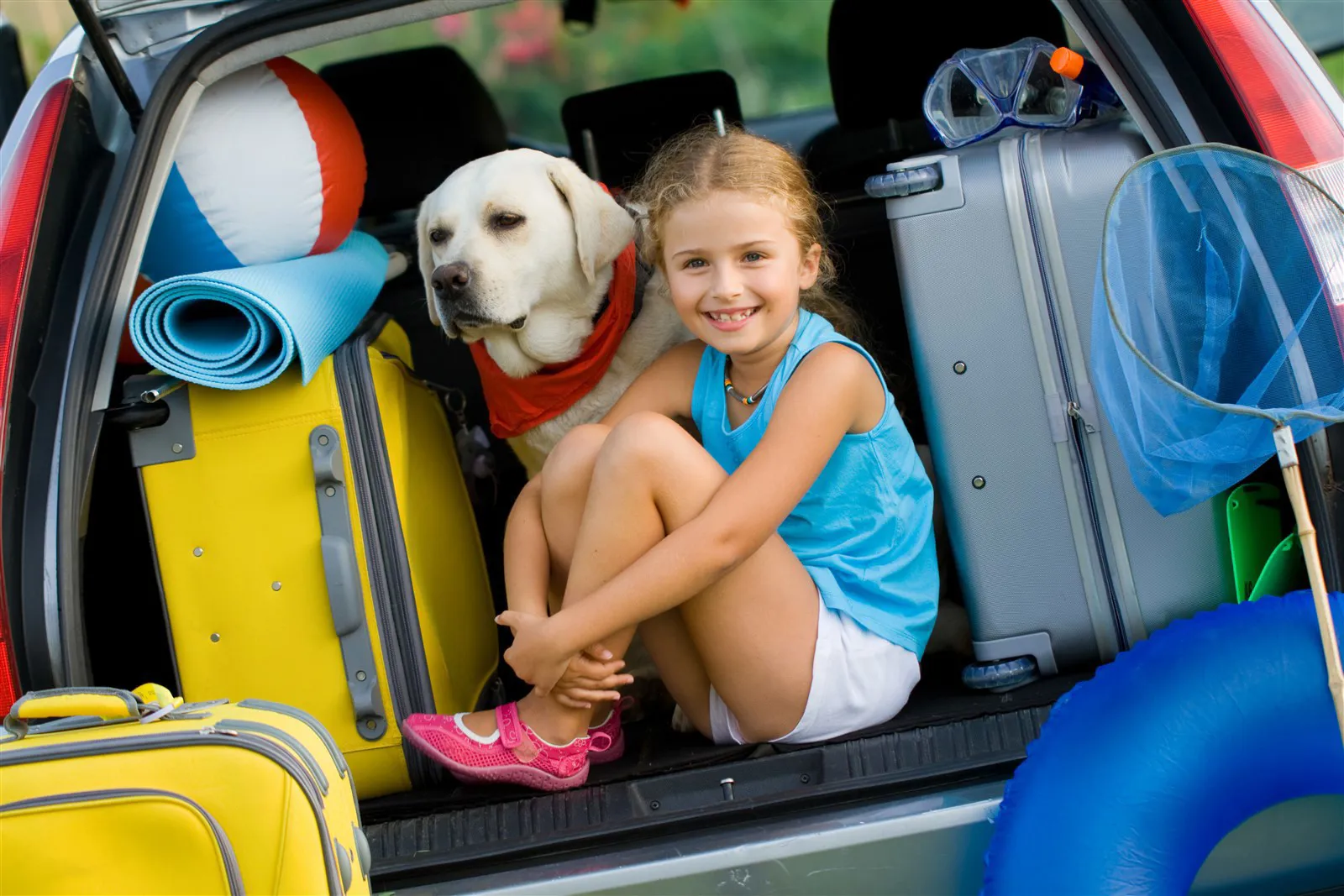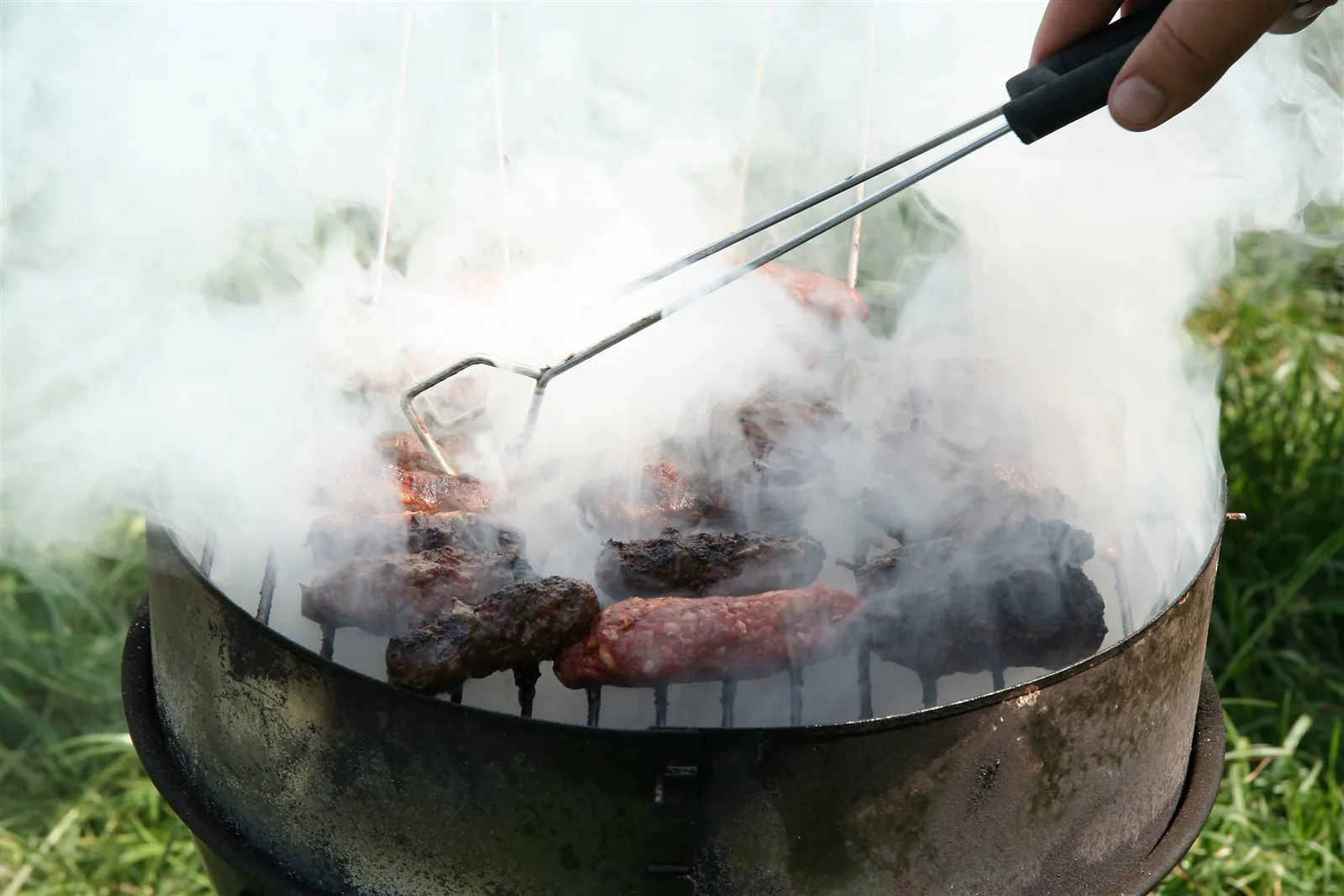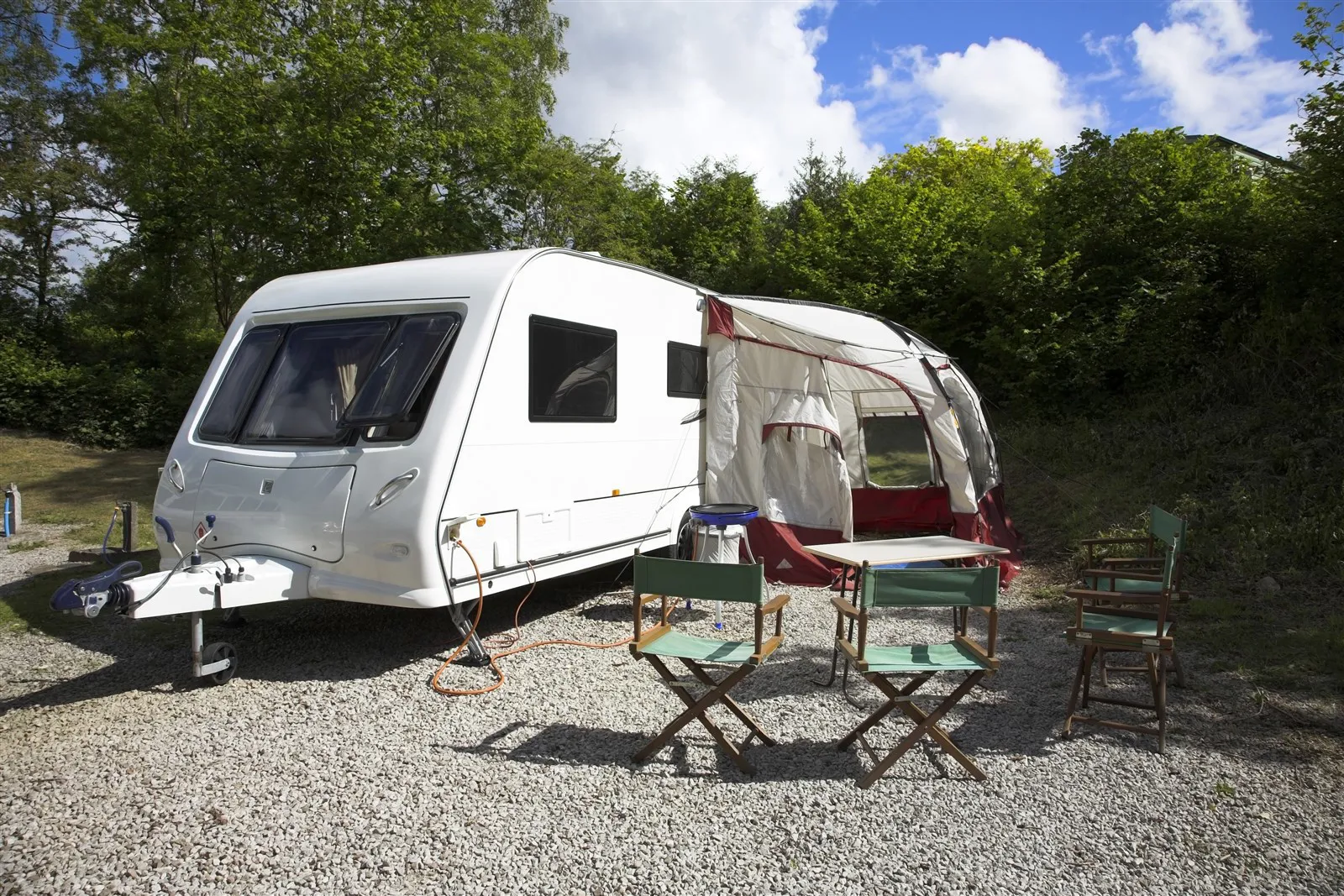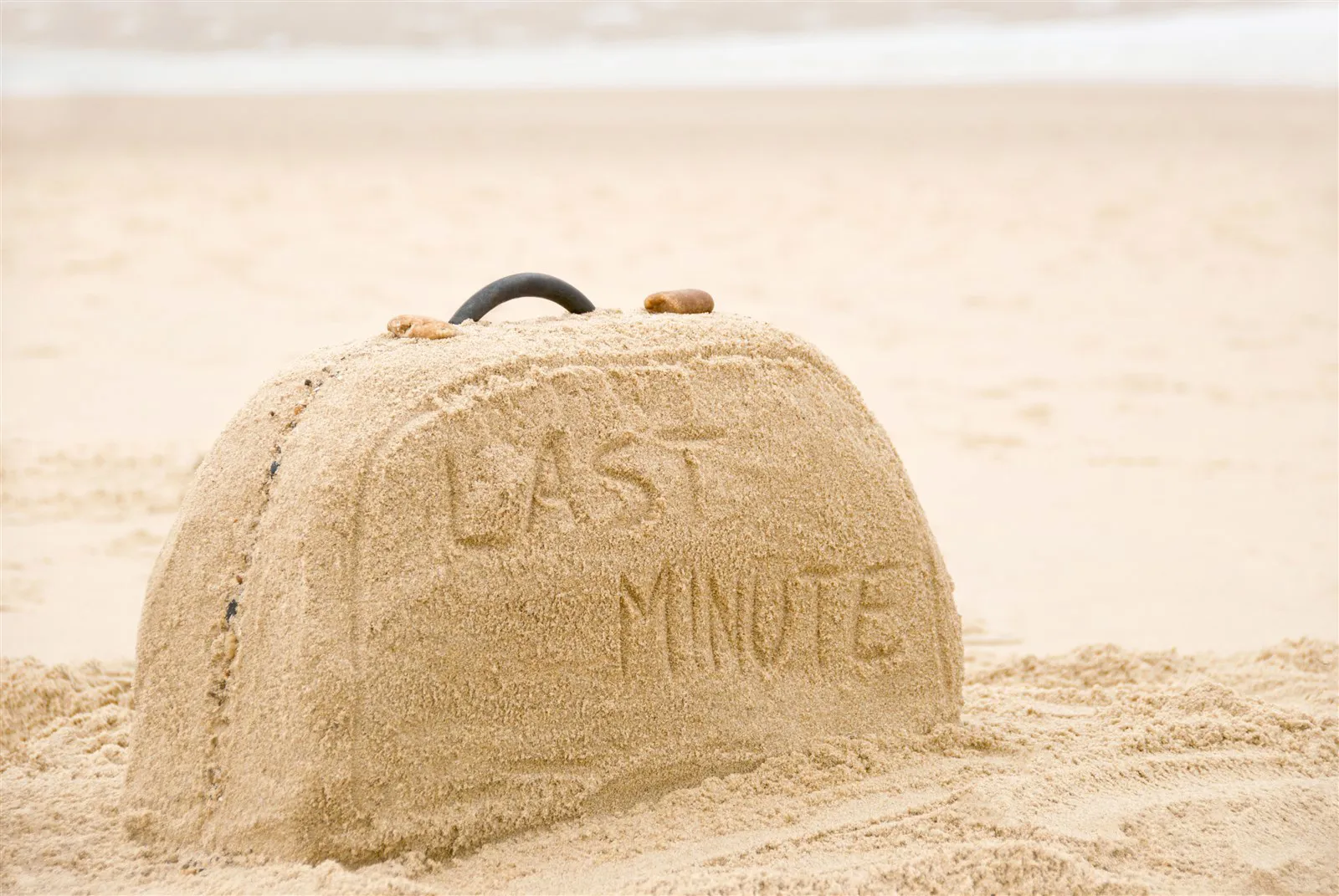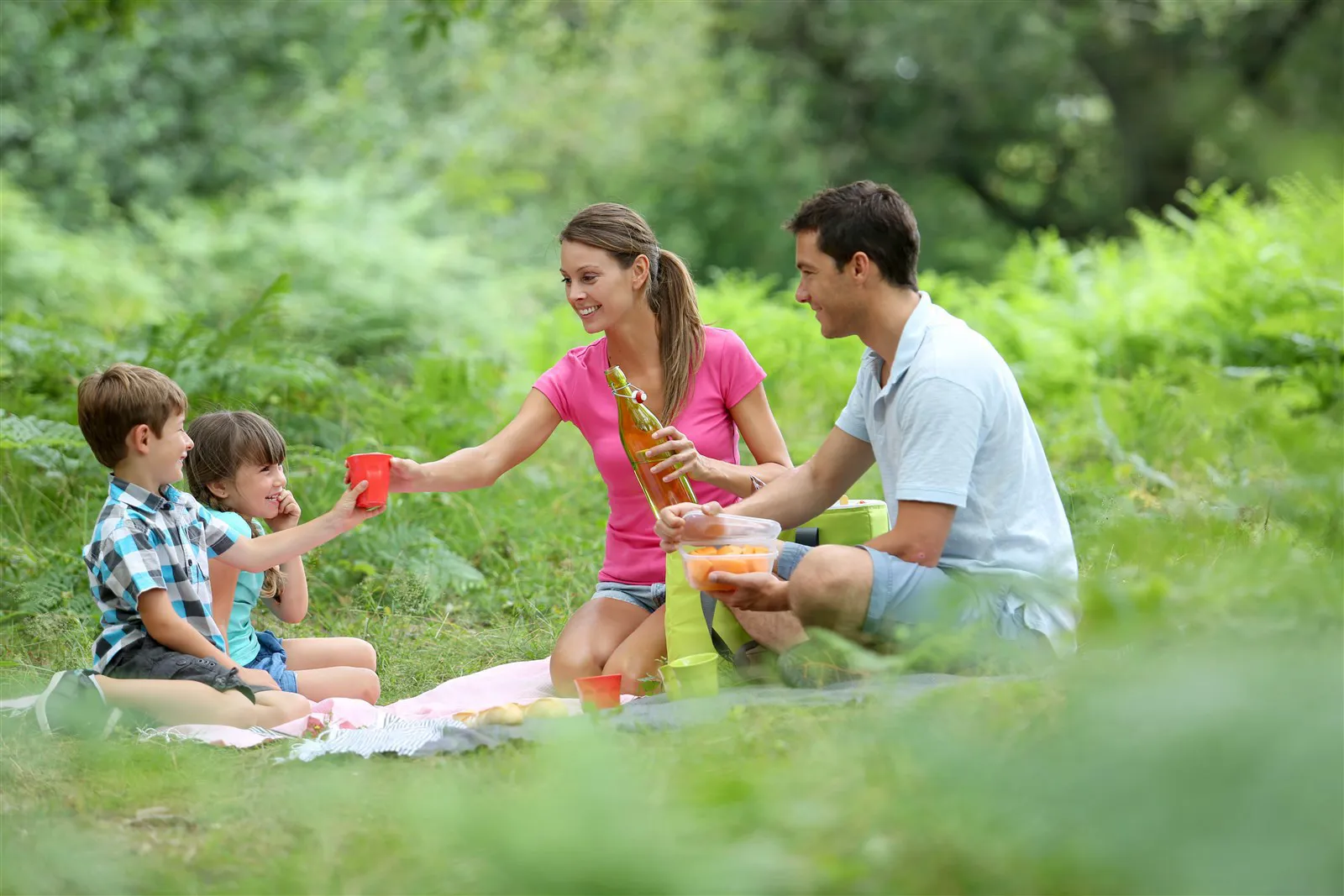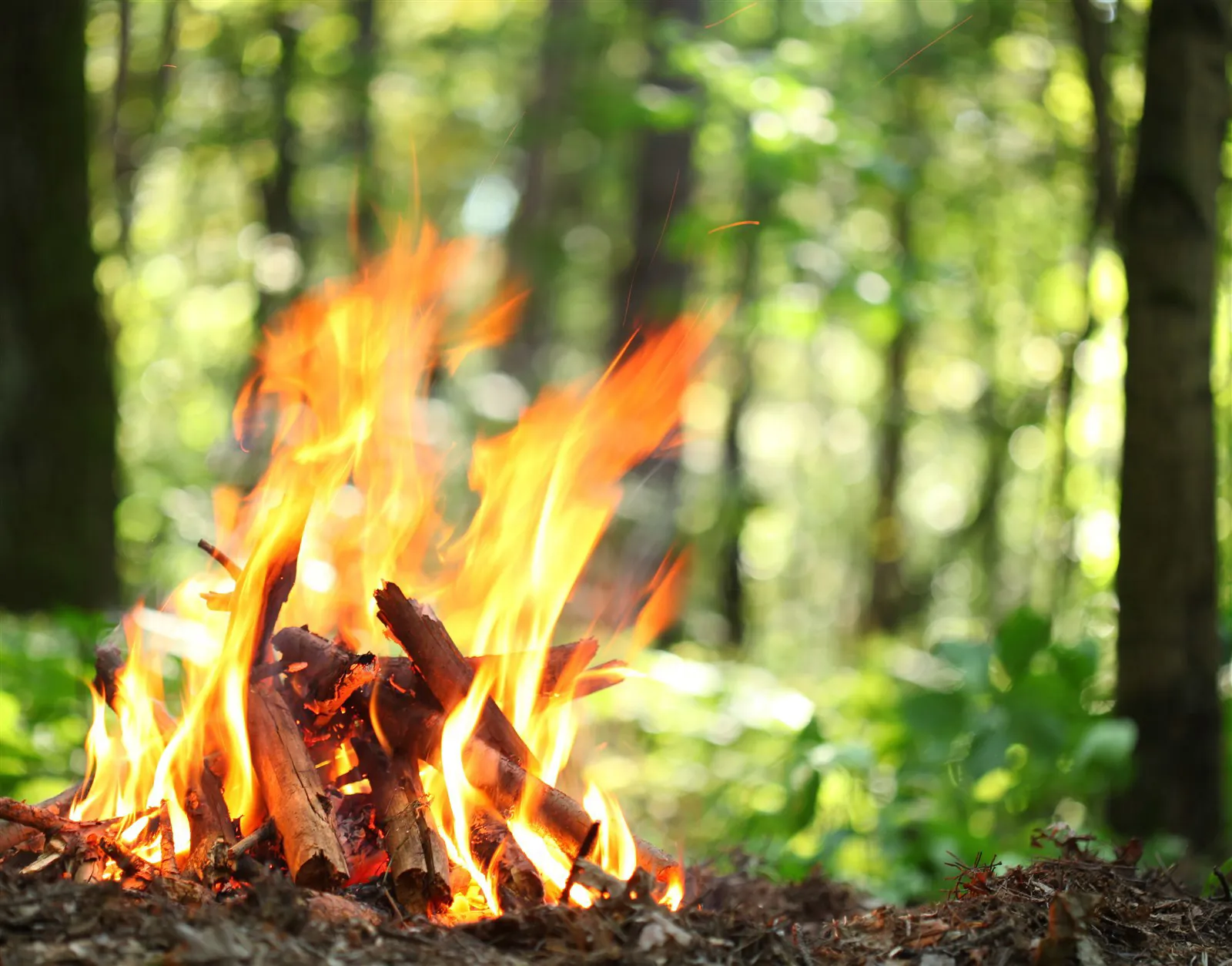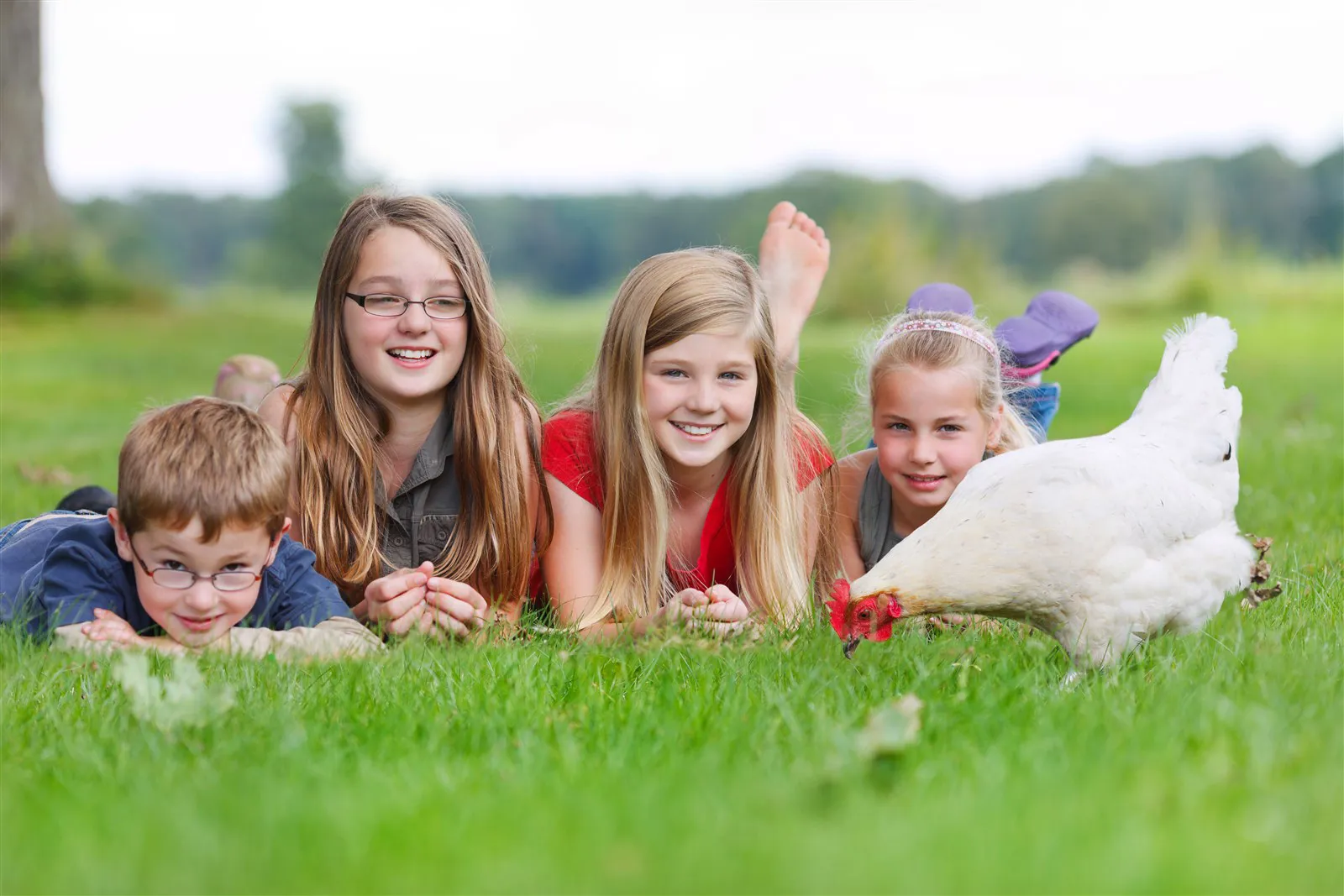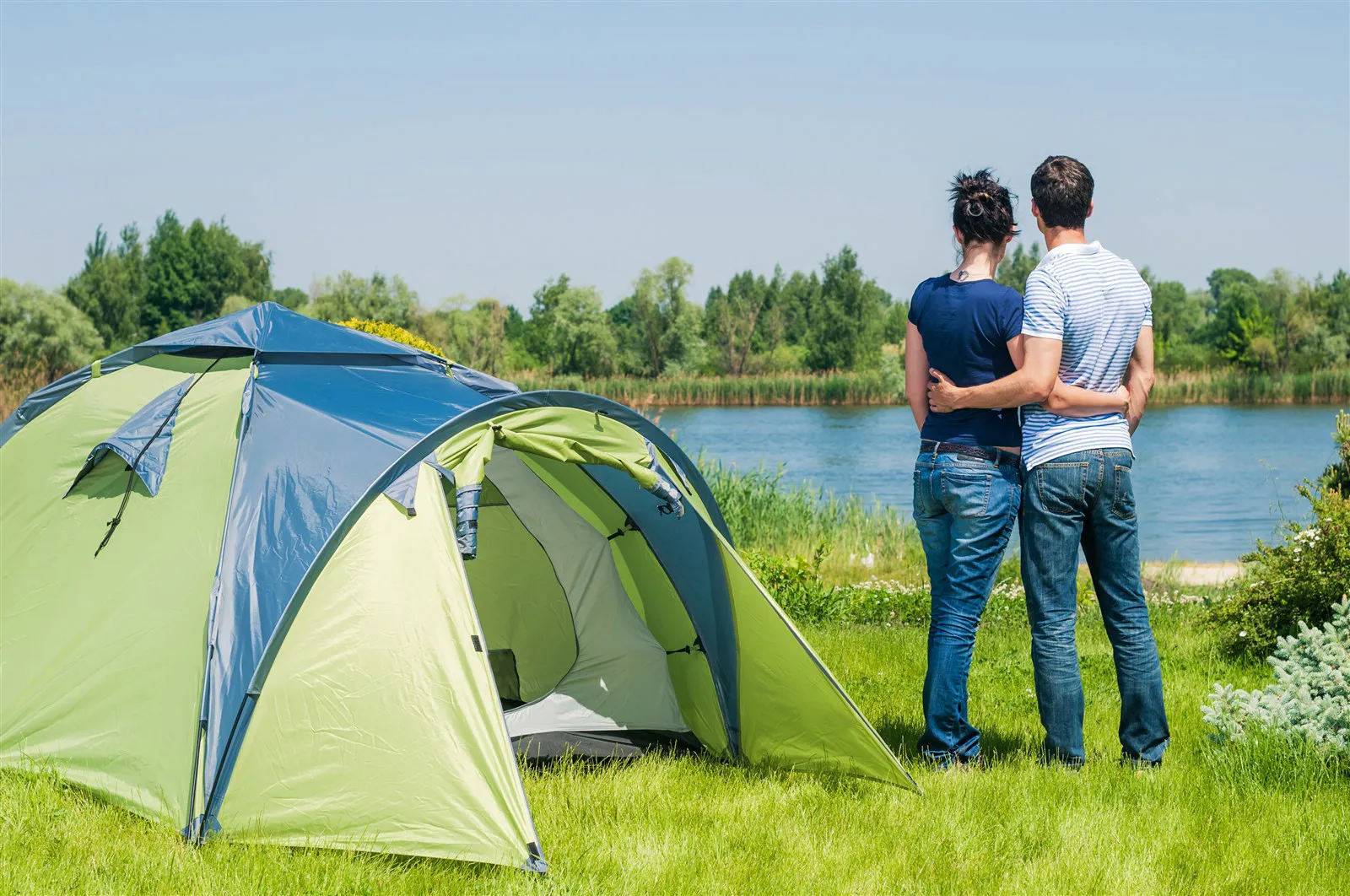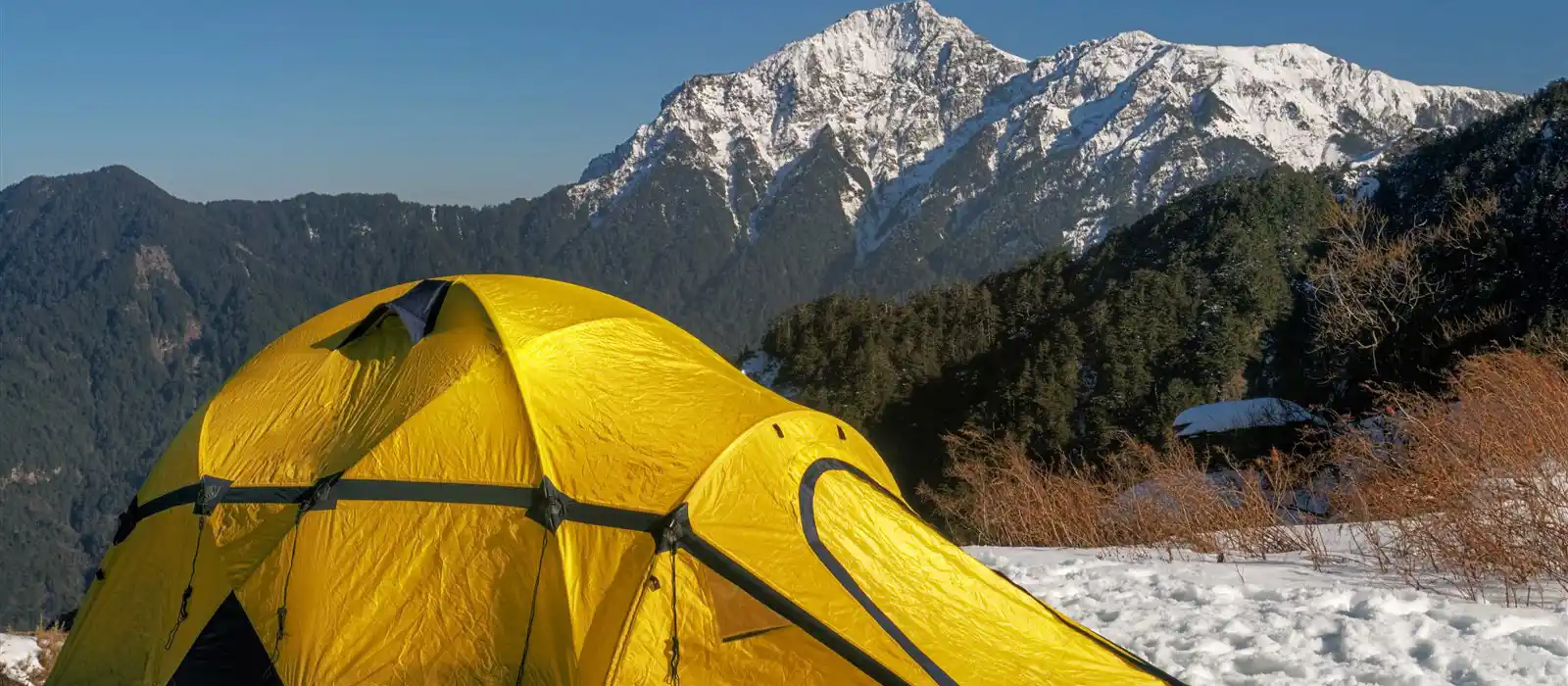
Winter camping UK: Try it yourself!
The UK looks stunning in all seasons, and while winter camping poses a few more difficulties than camping in the warmer months, you will get the great outdoors to yourself and experience the countryside in a whole new way. Here we offer some tips and advice that will keep you cosy while winter camping - UK and beyond.
Why Go Winter Camping?
One of the great things about the UK is the variety provided by the change of seasons. There are many rewards to winter camping, not least the chance to see the landscape in a totally different light. Generally the colder season attracts less people, meaning you get the outdoors to yourself. If you are planning on staying at a campsite, there will usually be a significant reduction in campsite fees and less crowding means it will be much easier to book last minute.
With a bit of extra effort and the right equipment, you can make a really cosy winter camp. The dark, cold nights also make camping delightfully atmospheric - gather around the campfire, toast marshmallows and appreciate the clear night skies.
Keeping warm
The major challenge for winter camping is keeping warm. Fire is your friend. If you are in a camping pod, a gypsy wagon or a larger canvas style tent, like a yurt, you may well have a wood burning stove inside. A good stove kept burning through the night makes living in these types of accommodation perfectly feasible all year round. If you are dependent on an outside fire, a portable fire pit could be a great asset. Many campsites which do not allow open fires do allow fire pits. Either way, the fire will be the focus of your winter camp, so make sure you know how to start it, how to keep it going, and how to put it out.
Be organised and make sure your equipment and clothing are suitable for use in cold temperatures - a fire is just a bonus and your kit must keep you warm. Hot water bottles and rechargeable hand warmers are a great idea.
As for clothing, it is very important to stay dry. Do not forget your thermals. Layering is the key to staying warm, trapping air between layers for insulation. Wear footwear that is suitable for the terrain and will keep you warm, dry and comfortable. A decent coat, gloves, hats, scarfs and warm socks are all essential!
See our beginner's guide to camping for more tips on keeping warm.
General Tips and Safety
Bring extra matches and butane lighters, not being able to light your fire could mean the end of your trip.
Be sure to drink plenty of fluids throughout the day, dehydration is always a risk and in colder temperatures people often forget.
NEVER use a bbq or gas stove, lamp or heater inside a tent or under an awning. There is a real risk of carbon monoxide poisoning. Make sure you understand the risks. Taking a carbon monoxide alarm for your tent is a good idea.
When pitching your tent or parking up your van during the winter, it is more important than ever to be sheltered from the wind. Use the landscape and trees to make sure your camp is as protected as possible.
If you are sleeping in a tent, get as much insulation between you and the ground as possible. The same goes for sitting outside, always sit on something insulating.
Don’t get hungry! You burn a lot more calories in the cold. Fat and carbs are good. Soups are warming and are a good way of getting fluid. Hot drinks are brilliant, so don’t forget to bring a flask. And the old cold weather staple, a hip flask of whiskey, won’t go amiss either!
If you are having a bad time, pack up and leave. There is no point struggling through, holidays are meant to be fun. You can learn from the experience and do it better next time.
Types of Camping
There are many modern winter tents that are suitable for winter camping, some of these are highly technical and made for camping in mountain climates much colder than in the UK. Traditional canvas tents with sewn-in groundsheets are the best all season tents but can be heavy. Be sure to take expert advice on this.
Caravans and camper vans offer more comfort than a tent and an electric hook up will make winter camping a lot easier. It is a good idea to invest in awning to attach to your caravan to give you even more space especially if you have little ones with you - this will also keep them dry if it rains.
Lots of glamping sites are open all year round, offering sturdy accommodation in yurts, teepees, camping pods, shepherd’s huts and plenty more. You can expect many of these to contain wood burning stoves or other types of heating, and perhaps electricity and even wifi. This option is great for families and is probably the easiest and most comfortable way of winter camping.
Some campsites close for the winter months, so be sure to check they are open before you rock up. You can discover campsites near you and check whether they have availability here.
If you are wild camping in the UK, you are supposed to get permission from the landowner whenever and wherever you choose to camp.
Winter Camping Activities
The best parts of winter camping are enjoying the solitude of the winter landscape and the cosiness of your camp. If you are lucky enough to get some snow, be sure to make the most of it. Building snowmen, sledging, and even ice skating all make great activities the kids will love. Getting out and about walking or cycling followed by sitting around the camp fire with a hot chocolate is what it is all about!
Winter camping is a great way to spend a holiday or short break. Don’t be put off by the cold, this really is a great time to camp. With loads of different options such as tents, camper vans and glamping, you are sure to find something the whole family will love. Don’t stay indoors!
Download our list of everything of you need to remember for the perfect camping trip!
DownloadThese ideas for days out, places to visit and other experiences offer something for everyone.
Browse Ideas